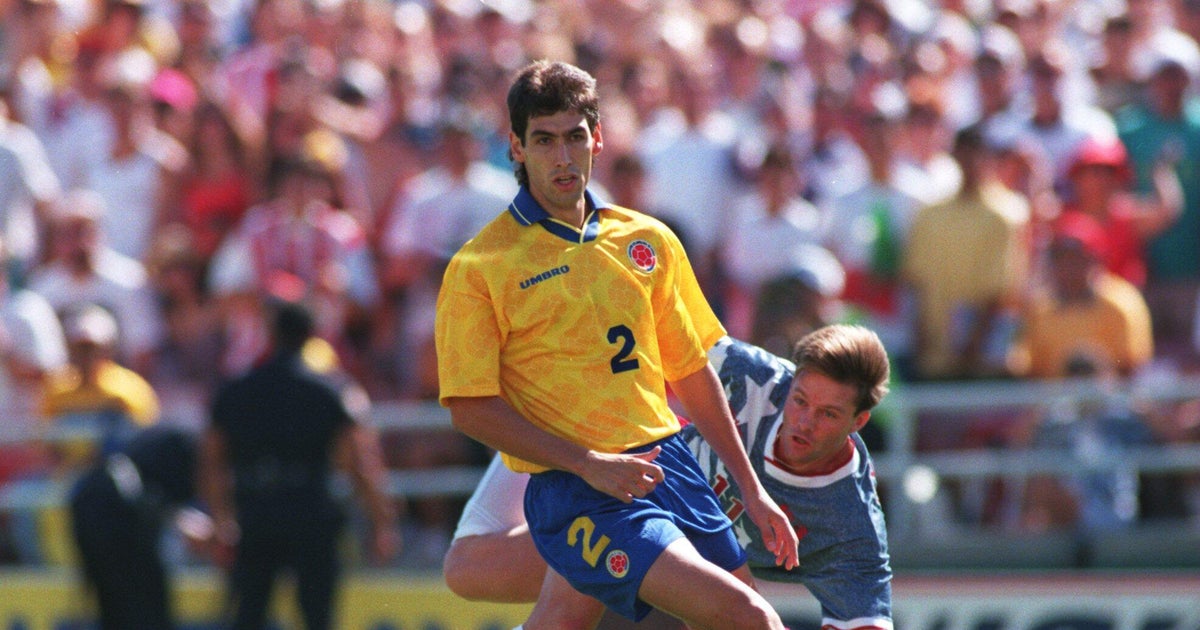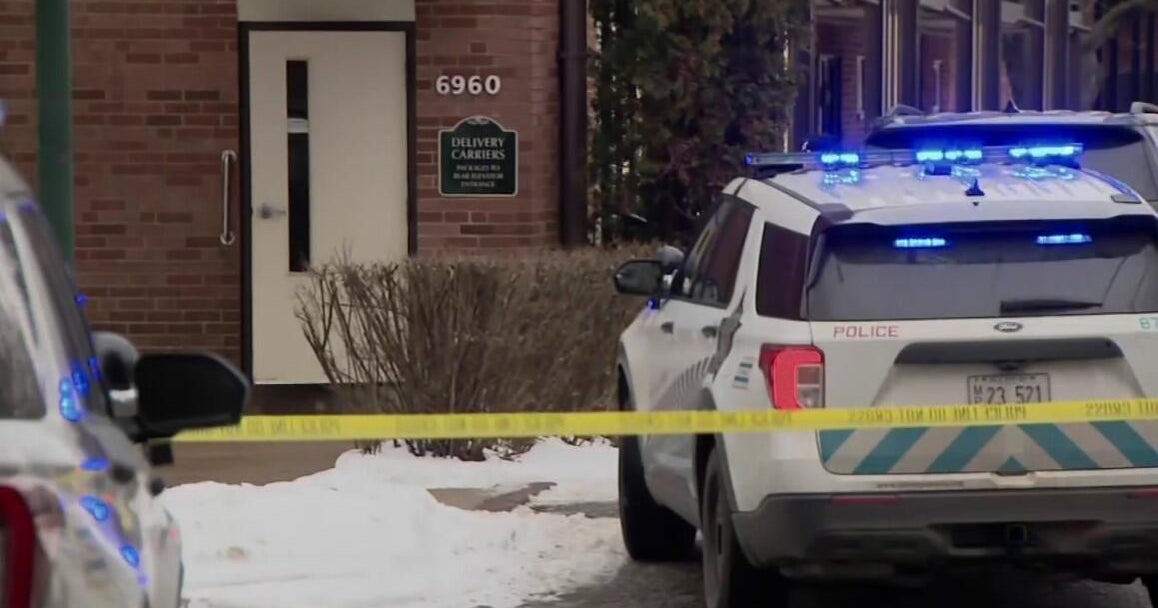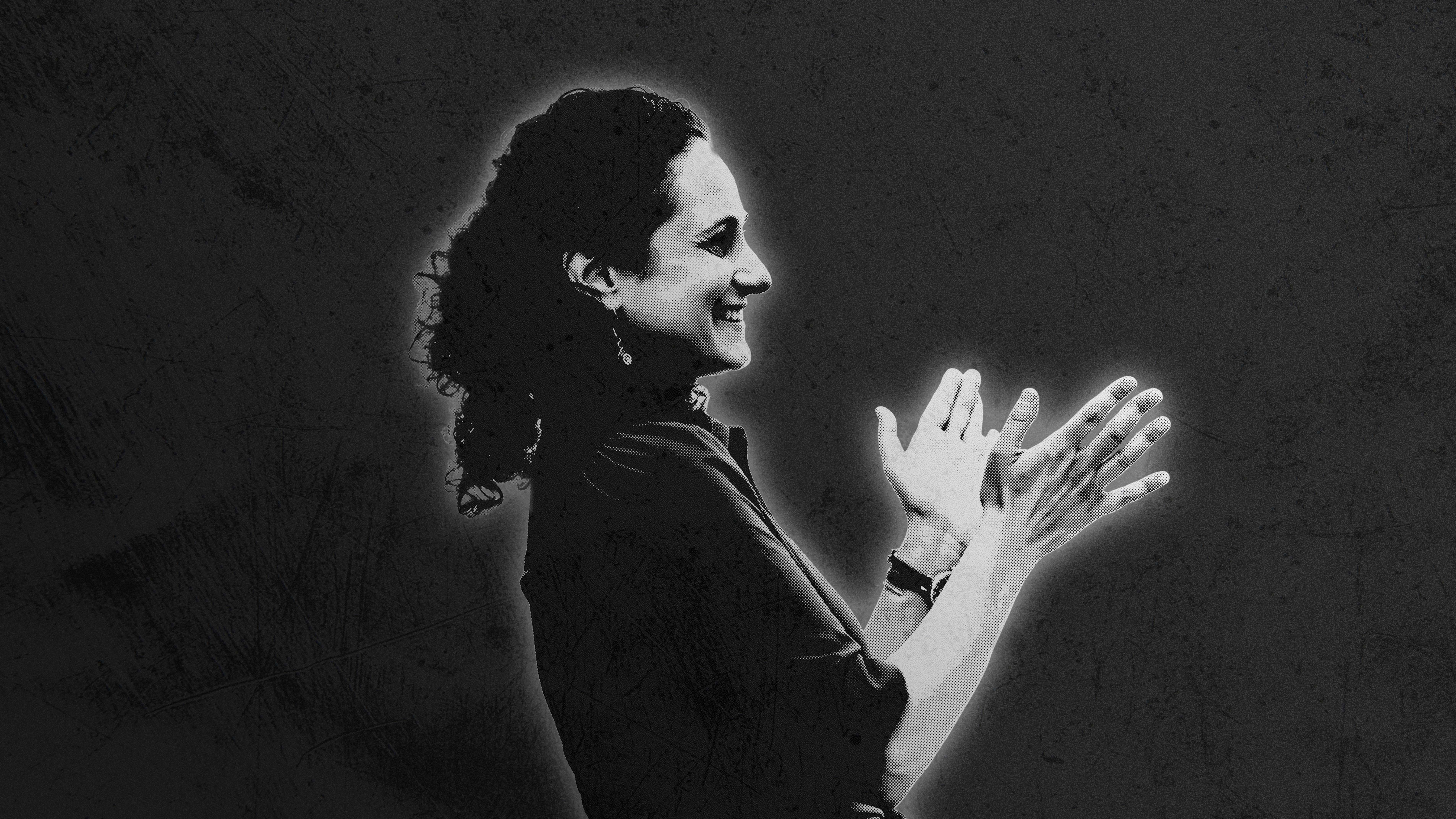Using new methods to help prevent crime
Police and community leaders in Chicago are working together with a unique program relying on science and the human touch to curb the city's infamous murder rate. Scott Pelley reports on "The Chicago Violence Reduction Strategy," a program that utilizes experimental computer statistics and other factors that police say help predict who is most likely to shoot a gun and or be shot. Pelley's story will be broadcast on 60 Minutes, Sunday, Jan. 7 at 7:00 p.m. ET/PT.
Police say the computer program sifts through arrest records, including gun arrests and a person's history of violence both as a victim or offender to gauge a person's chances of doing harm or having harm done to them. They also consider other factors like local gang feuds on social media when deciding who to visit.
Chris Mallette is executive director of the Chicago Violence Reduction Strategy. "We're looking to get people to put guns down, we're looking to get people to stop pulling triggers," he says. "And by 'we,' I mean the collective partnership of local, community folks who are partnering with local law enforcement to try to get this done collectively."
One of those community members is Charles Perry. He spent 19 years in prison before becoming a social worker who tries to intervene in the lives of people the program identifies as likely to commit or be a victim of violence. The first step is building them up. "Young people believe that they are not worth anything, whatever they got in their immediate surroundings is all… they'll ever be. And it's so far from the truth," he tells Pelley.
Creating a better attitude and self-worth can be as simple as getting ID. Mallette says many may consider an ID small stuff, but it can be the start of big things. Ernest Smith would know. He was an active member of the Gangster Disciples in Chicago who wielded a gun and sold drugs. "Because you learn you can't do nothing in life without identification," he says. "When I got that ID, it's like, man, like a huge weight got lifted off my shoulders, you know? I felt like a member of society again."
Mallette knows some of the people identified in the program won't change and just need to be incarcerated. But he tells Pelley, "Here's the reality, Scott, they're going to keep coming back. You solve the problem by engaging and interacting with individuals."



